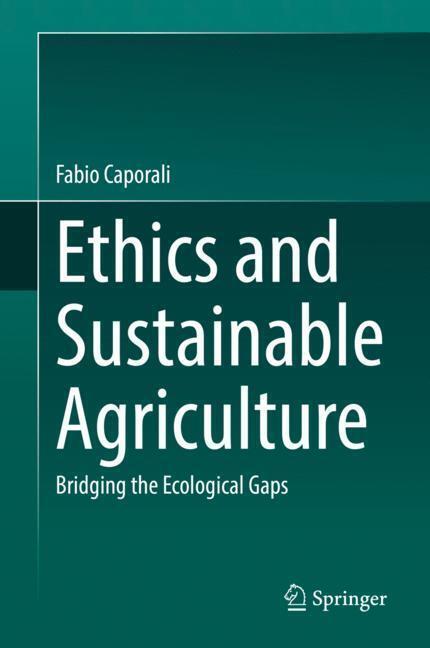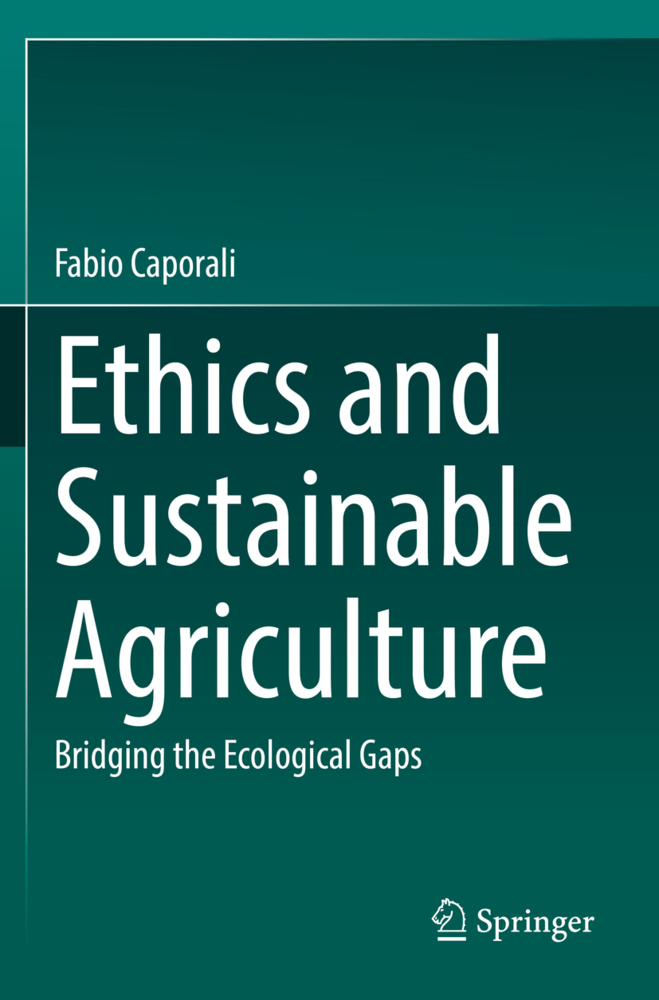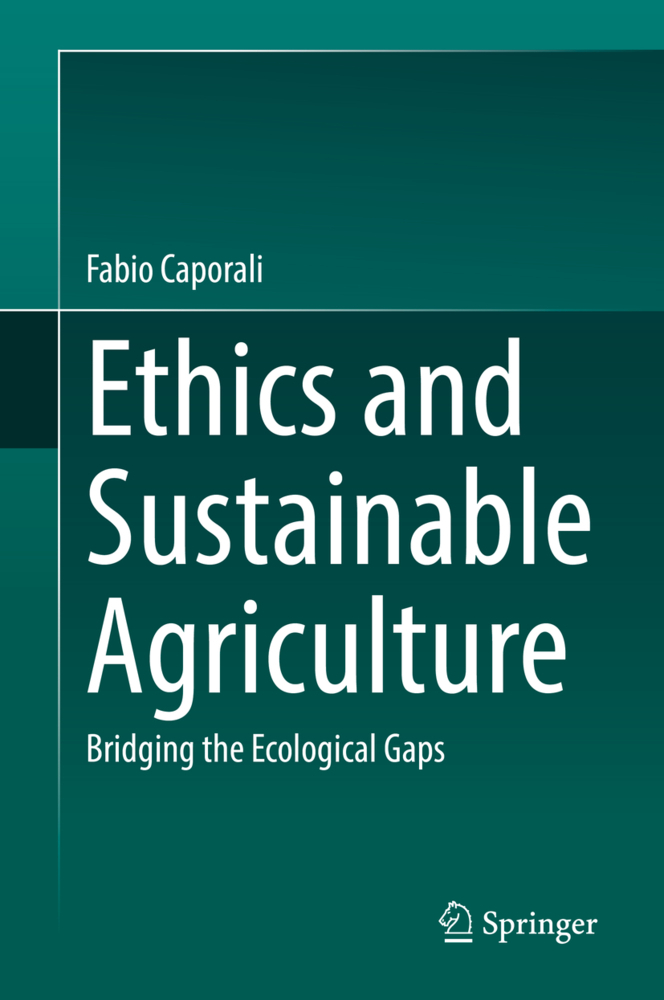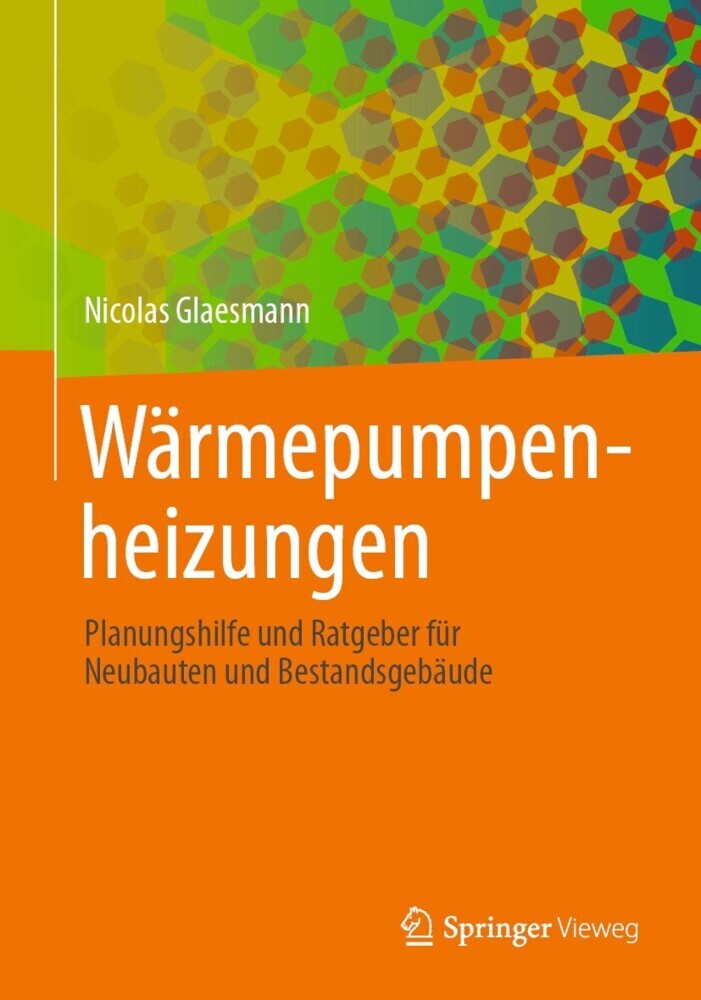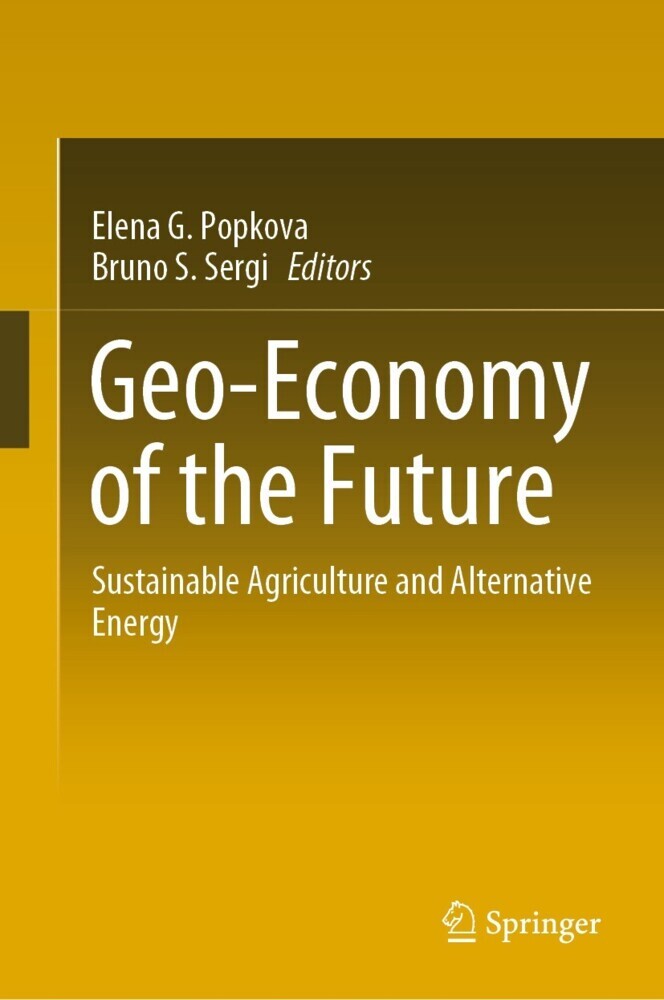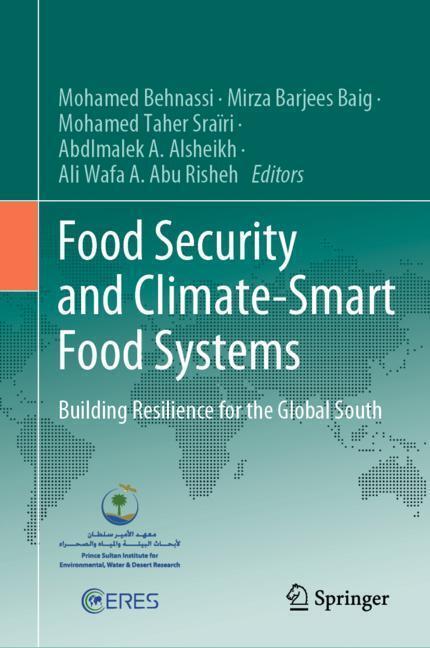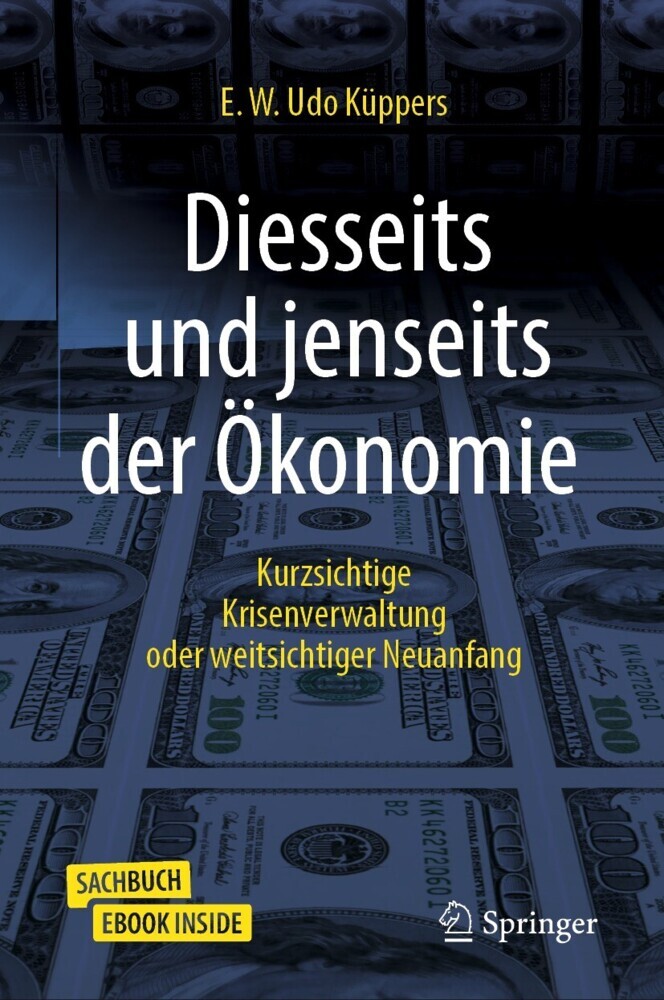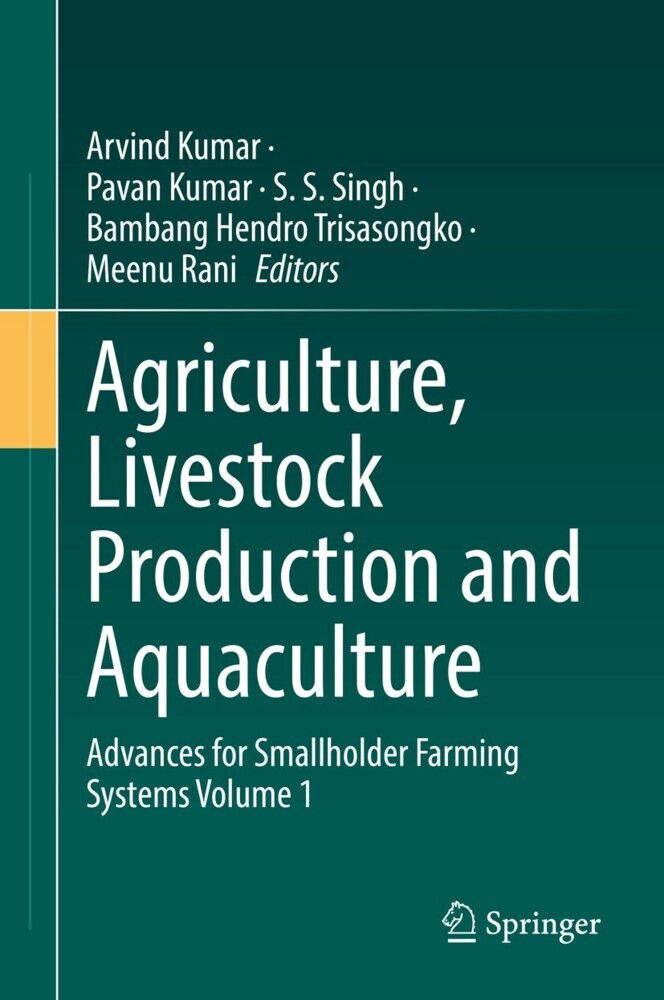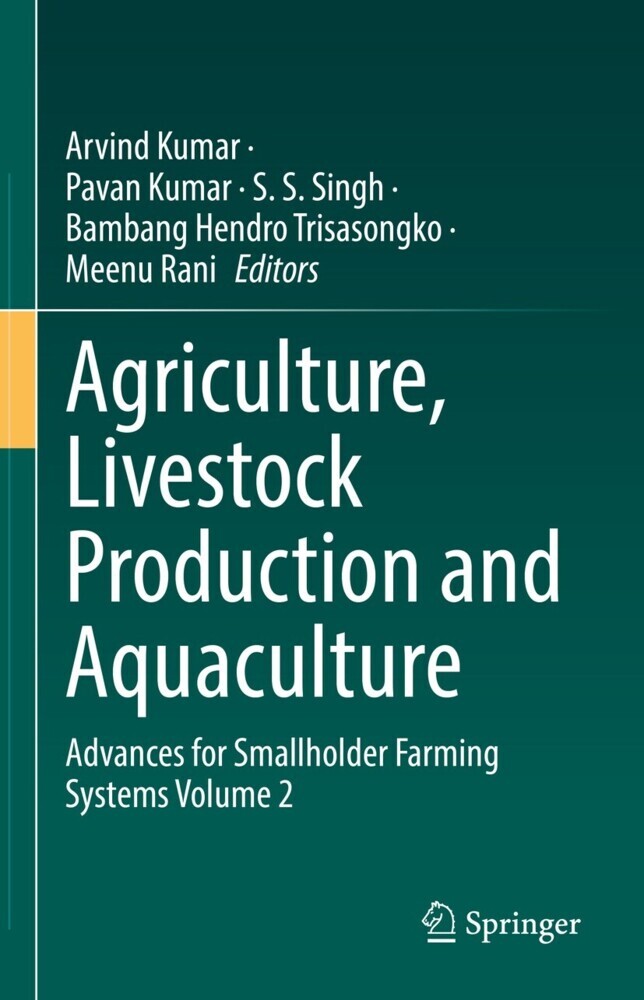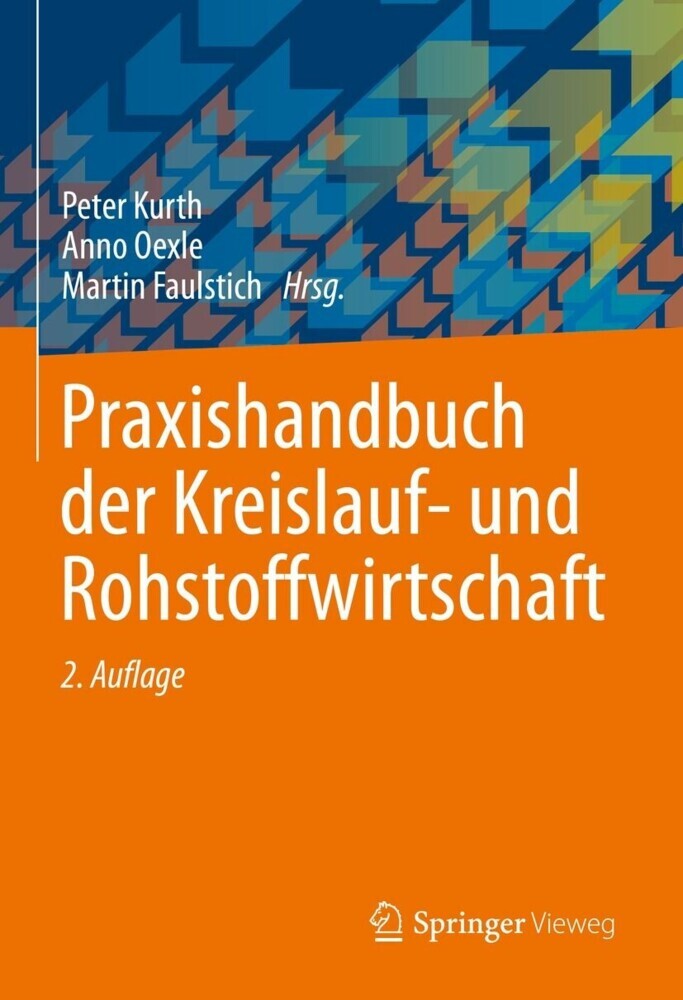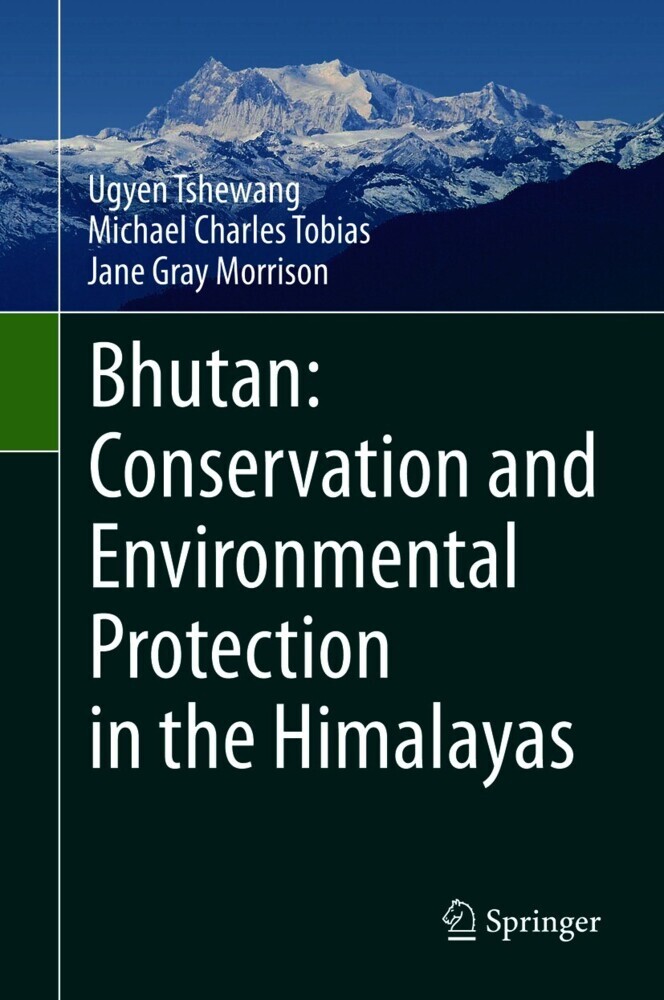Ethics and Sustainable Agriculture
Bridging the Ecological Gaps
Ethics and Sustainable Agriculture
Bridging the Ecological Gaps
This book describes the alarming condition of agriculture in the Anthropocene, when the ethical conception of agriculture as a service of common utility for both society and environment has progressively been marginalized. The ethical utility of agriculture has been sidetracked with the increasing industrialisation of society, the involvement of agriculture in the business-as-usual economy, and the consequential environmental and societal impacts it has had. Thus, re-establishing a meaningful bridge between ethics and agriculture is necessary. A relatively new science (ecology) with both a new epistemological tool (that of the ecosystem concept), and a unique narrative of sustainable development, can help bridge this gap.
This book focuses on ethics as a lever for raising scientific, technical, social, economic and political solutions to adopt in agriculture as a model of symbiotic relationships between man and nature. It provides a detailed discussion of the ecological intensification practices in order to maximize ecological and ethical services, wherein agroecosystems will follow.
Fabio Caporali is 77 years old. He graduated in Agricultural Sciences at the University of Pisa and retired as Full Professor of Agricultural Ecology at the University of Tuscia, Viterbo, Italy. He still cooperates with DAFNE (Department of Agricultural Sciences and Forestry, University of Tuscia) in local institutions (bio-districts and eco-regions) for sustainable land use. He has more than 45 year experience in teaching and research both in Ecology and Agroecology, earlier at the University of Pisa and then at the University of Tuscia. His scientific and cultural activity is documented in more than one hundred papers published in national and international journals. He is author or co-author of University textbooks for both Ecology and Agroecology. He was both local and national coordinator of agroecological research projects in the Internationalization Programme of Italian Universities funded by the Ministry of University and Research, such as 'Indicators of Agroecosystem Sustainability' and 'Potential use of self-reseeding annual legumes in Mediterranean cropping systems', in which several Italian Universities were engaged with other European Universities. He was Institutional Coordinator of the University of Tuscia for the European Socrates Programme for 15 years. He coordinated teacher and student mobility in Europe and was actively involved as curriculum developer in several partnerships among European Universities concerning Agroecology at undergraduate, graduate and doctoral levels. He was for 5 years the local coordinator of the Degree Course in 'Agroecology' (Msc level) shared with other European Universities. His activities concerning university partnership extended to Italian-Russian Universities within the 'Italian-Russian Institute for Ecological Research and Teaching', a project still alive with rotational summer Intensive Programme Courses on selected topics. Even his current activity provides relevant occasions for international collaboration, such as that carried out in organic farms of the Biodistrict 'Via Amerina e delle Forre' within the FAO's project TAPE (Tools for Agroecology Performance Evaluation). He is currently a member of the executive Board of IN.N.E.R (International Network of Eco-Regions).
This book focuses on ethics as a lever for raising scientific, technical, social, economic and political solutions to adopt in agriculture as a model of symbiotic relationships between man and nature. It provides a detailed discussion of the ecological intensification practices in order to maximize ecological and ethical services, wherein agroecosystems will follow.
Fabio Caporali is 77 years old. He graduated in Agricultural Sciences at the University of Pisa and retired as Full Professor of Agricultural Ecology at the University of Tuscia, Viterbo, Italy. He still cooperates with DAFNE (Department of Agricultural Sciences and Forestry, University of Tuscia) in local institutions (bio-districts and eco-regions) for sustainable land use. He has more than 45 year experience in teaching and research both in Ecology and Agroecology, earlier at the University of Pisa and then at the University of Tuscia. His scientific and cultural activity is documented in more than one hundred papers published in national and international journals. He is author or co-author of University textbooks for both Ecology and Agroecology. He was both local and national coordinator of agroecological research projects in the Internationalization Programme of Italian Universities funded by the Ministry of University and Research, such as 'Indicators of Agroecosystem Sustainability' and 'Potential use of self-reseeding annual legumes in Mediterranean cropping systems', in which several Italian Universities were engaged with other European Universities. He was Institutional Coordinator of the University of Tuscia for the European Socrates Programme for 15 years. He coordinated teacher and student mobility in Europe and was actively involved as curriculum developer in several partnerships among European Universities concerning Agroecology at undergraduate, graduate and doctoral levels. He was for 5 years the local coordinator of the Degree Course in 'Agroecology' (Msc level) shared with other European Universities. His activities concerning university partnership extended to Italian-Russian Universities within the 'Italian-Russian Institute for Ecological Research and Teaching', a project still alive with rotational summer Intensive Programme Courses on selected topics. Even his current activity provides relevant occasions for international collaboration, such as that carried out in organic farms of the Biodistrict 'Via Amerina e delle Forre' within the FAO's project TAPE (Tools for Agroecology Performance Evaluation). He is currently a member of the executive Board of IN.N.E.R (International Network of Eco-Regions).
Caporali, Fabio
| ISBN | 9783030766832 |
|---|---|
| Artikelnummer | 9783030766832 |
| Medientyp | E-Book - PDF |
| Copyrightjahr | 2021 |
| Verlag | Springer-Verlag |
| Umfang | 267 Seiten |
| Sprache | Englisch |
| Kopierschutz | Digitales Wasserzeichen |

